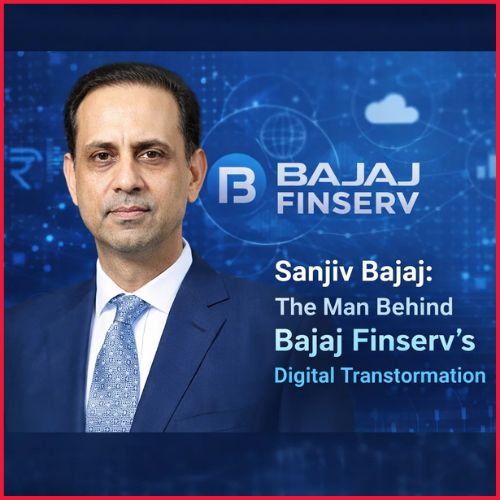The banking subsidiary of Paytm, a once-flying fintech star that had drawn support from SoftBank and Warren Buffett, abruptly suspended most of its operations last month, shocking investors.
Paytm may only be the start for Indian regulators looking to take action against any financial industry malfeasance.
The sudden suspension of the majority of the operations of Paytm’s banking subsidiary, a once-flying fintech star that had drawn support from SoftBank Group Corp. and Warren Buffett, startled investors last month. Even though the Paytm case—which purportedly utilized a single identity paper to open thousands of accounts—was an extreme example of a customer verification failure, the authorities’ frustration is evident in their ongoing crackdown.
It is almost impossible to find a day when a bank or fintech company isn’t penalized for neglecting to thoroughly screen its clients, entwining leading lenders like Citigroup Inc. and the State Bank of India. Before Governor Shaktikanta Das retires this year, the Reserve Bank of India is expected to become even more strict due to its ongoing deficiencies.
According to Business Standard, “A fine is just the start for the RBI; they have plenty of tools at their disposal,” Gefion Capital Advisors founder Prakash Agarwal stated. “Symbolic warning for more dire measures to come, such as a sledgehammer action taken against Paytm bank,” he said of the penalty.
As lenders scramble to open new accounts and scoop up deposits to fulfill the skyrocketing demand for loans in the major economy that is expanding at the quickest rate, regulatory concerns are developing. Ashok Hariharan, CEO of IDfy, an Indian fintech company that offers client vetting services to banks, says that leakages happen frequently in the last mile of customer verification, which is typically outsourced by most banks to third-party companies or “runners.”
Big banks are capable of more, but he noted that working with companies that lack stringent fraud and risk teams might be difficult.
Governor Das of the RBI has issued numerous warnings regarding the necessity of enhancing risk management in banks and shadow lenders. The central bank has serious worries about these shortcomings in client verification, notwithstanding the fact that bad debts have decreased over the past ten years.
The interest of customers and depositors is paramount, Das stated this month during a post-monetary policy briefing. “The most important thing is to have stable finances.”
Despite increased technological spending by Indian banks to thwart fraud and identify possible money laundering, the number of cases is still on the rise. An RBI data states that from April to September of last year, the number of recorded frauds involving more than 100,000 rupees ($1,205) increased by 68% to over 14,000, nearly double the rate for the preceding six-month period. According to the data, credit card, internet transaction, and deposit fraud instances have increased at the fastest rate.















